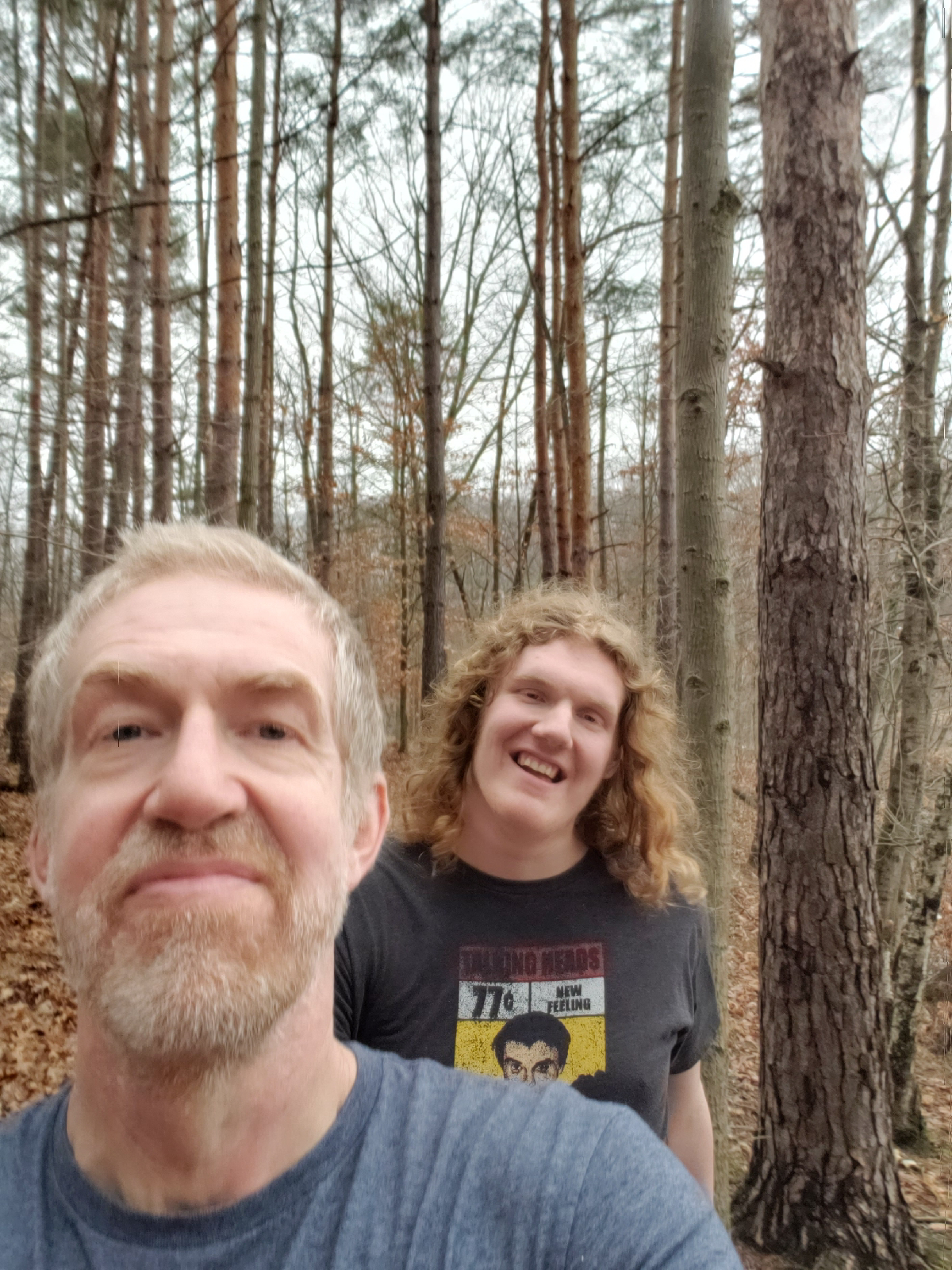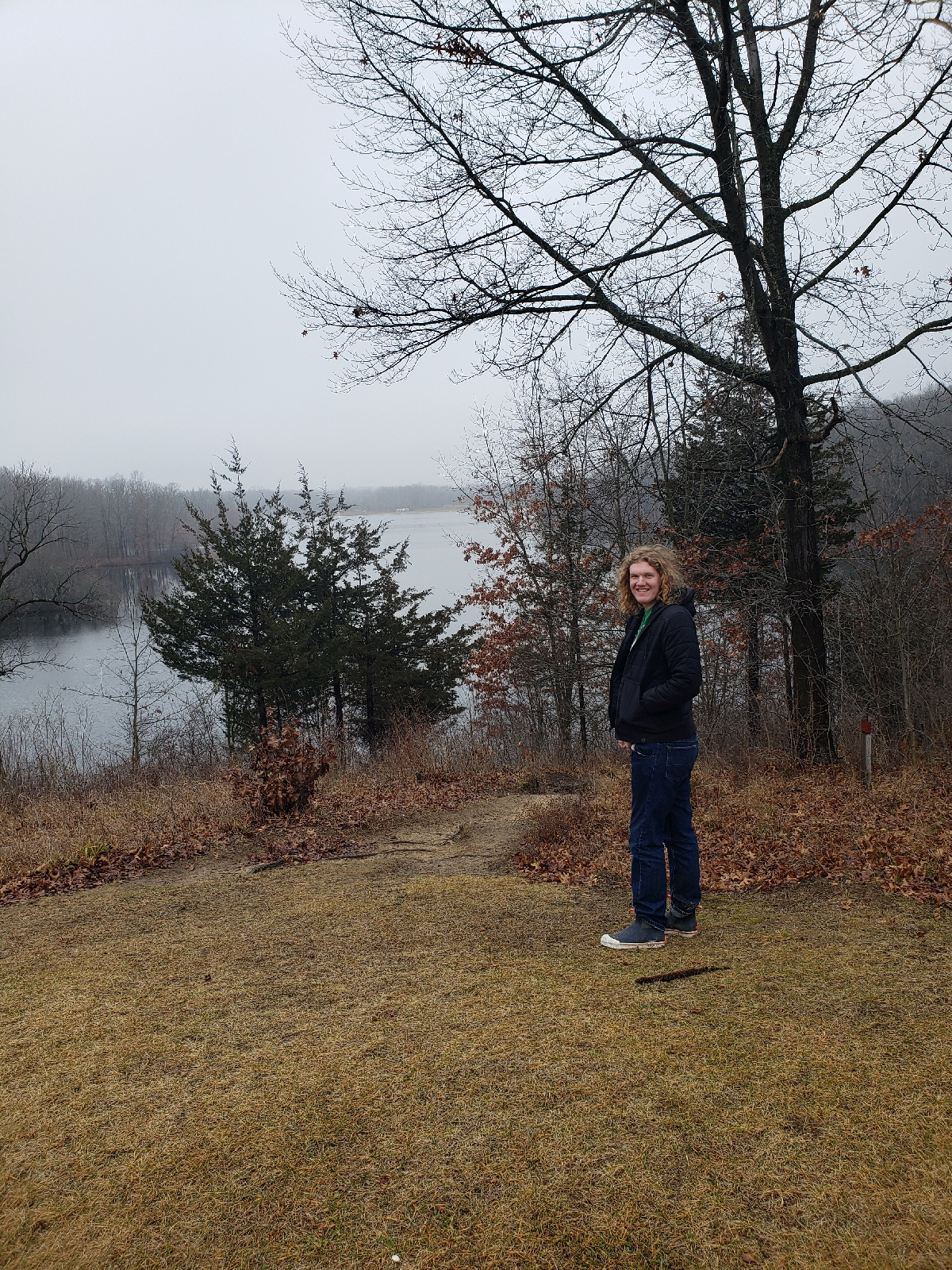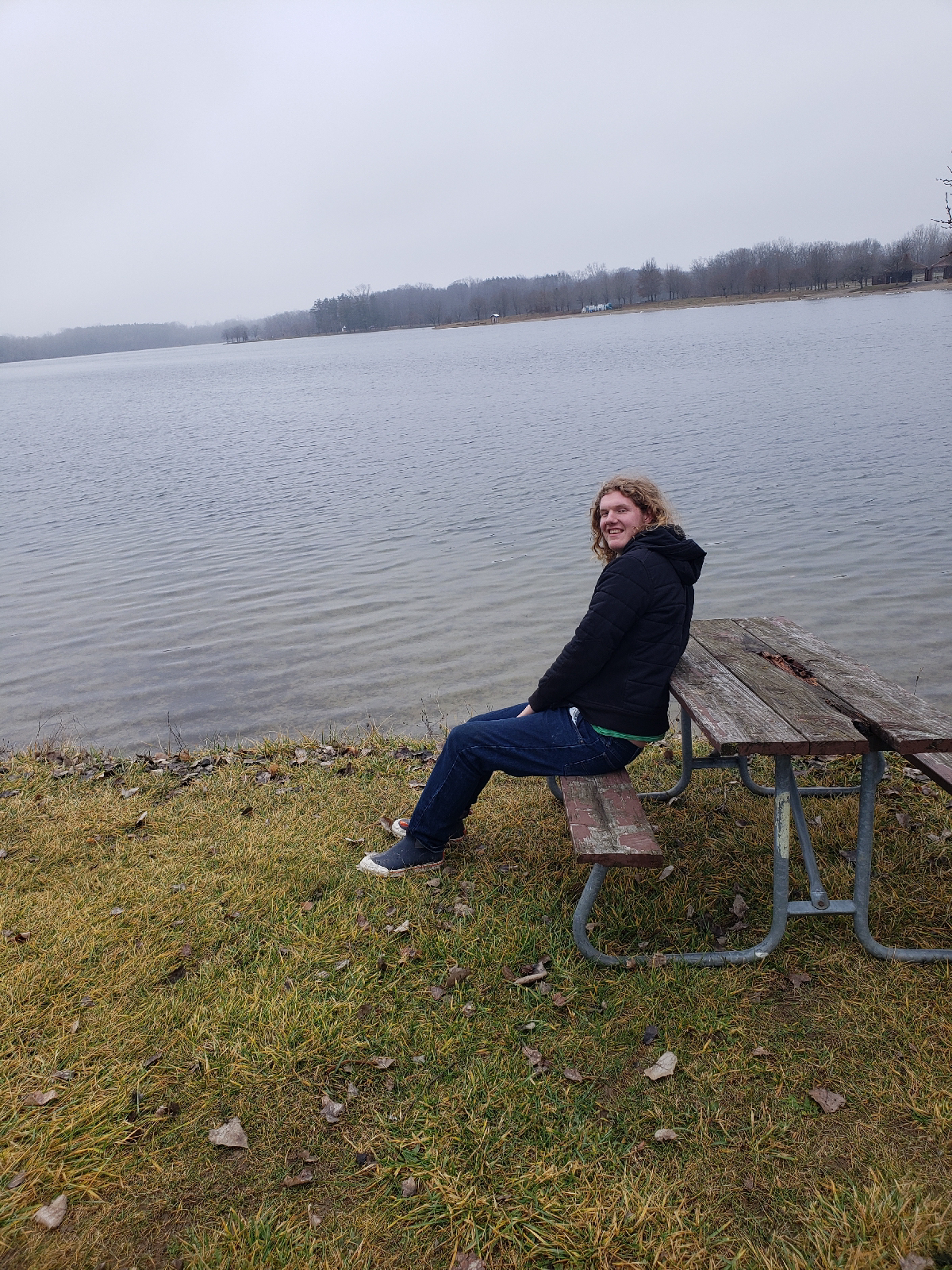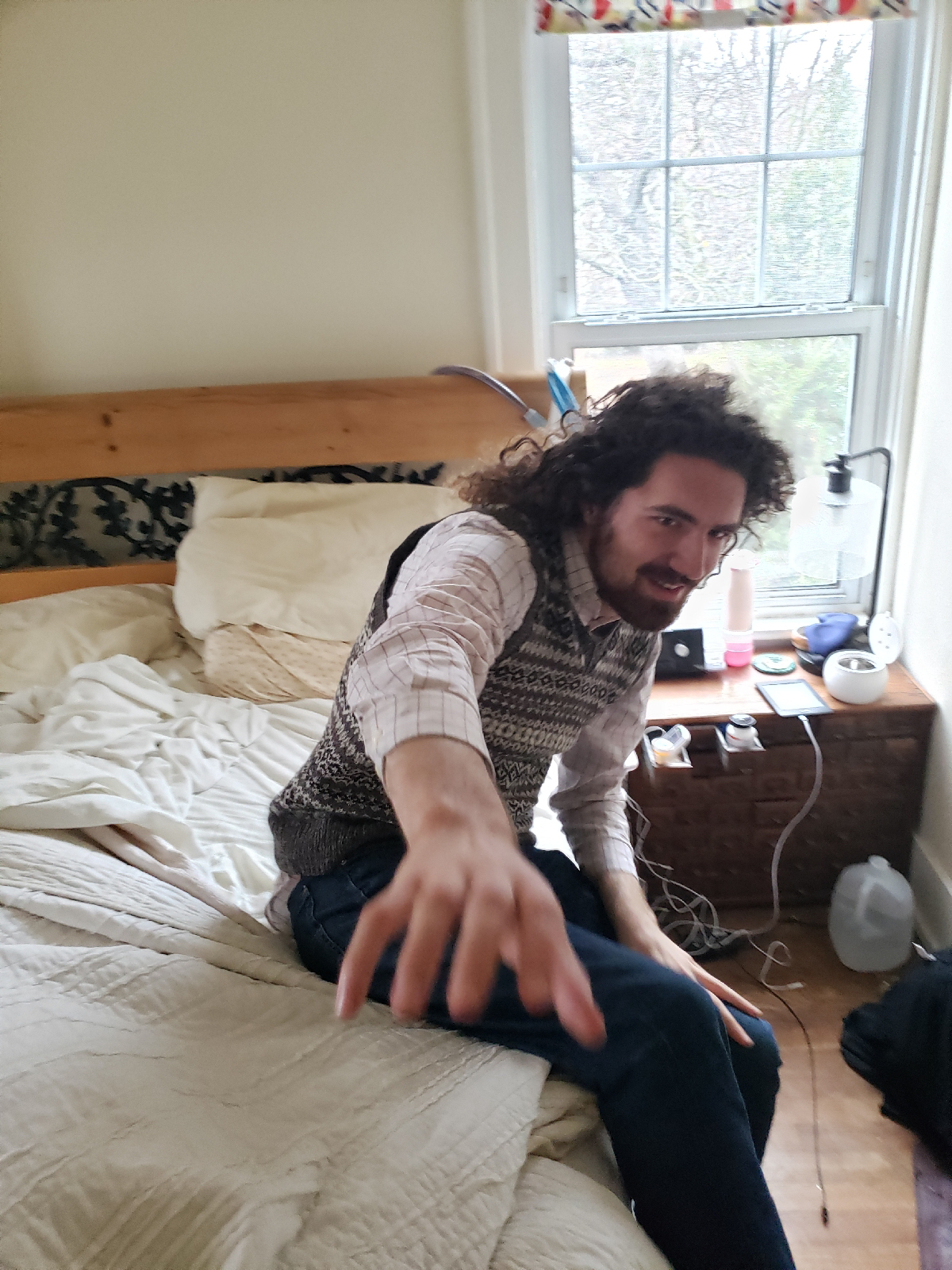Another of the classics from our Criterion 50-film DVD collection, and the last major Kurosawa film we'd yet to see. Part of our hesitation was the absence of Mifune, but, if I'm honest, the subject matter (an office drone learns he's dying of stomach cancer and tries to salvage meaning for his humdrum life in the little time left to him) was a bit off-putting. But, it being Kurosawa, it managed to be entertaining, even at nearly 2 1/2 hours. The film opens with a shot of an X-ray and a voice over telling us that the owner of this stomach was our protagonist and did not yet know that he had terminal stomach cancer. Said protagonist (Mr. Watanabe)

is section-head of a particular corner of the massive city bureaucracy, and before we get to him, we get to see that bureaucracy in (non-) action, as a group of women from a particular neighborhood try to get something done about a sewer that's overflowing, and get passed from department to department as each comes up with an excuse as to why it's not their purview. As the voice-over says explicitly, all the people who make up city government are working very hard not to accomplish anything.
With this established, in the course of the first approximately 2/3 of the film, Watanabe-San finds out about his cancer (not from his doctor, who tells him he has a mild ulcer and that he can eat what he wants so long as it's "digestible," but from the man in the waiting room
who said that if your doctor says exactly that it means you're a goner, and who described the symptoms of stomach cancer to the growing horror of our hero, who obviously suffers all of them) and goes AWOL from his job, breaking his thirty-year streak of never missing a day, and, first accompanied by a dissolute novelist

who introduces him into the nightlife (and a natty new hat to replace the one stolen by a lady of the night), and then a chatty, cynical young woman who had been his underling but has already decided after a year that it's too boring and soon quits to work in a factory making toy rabbits. Initially she (played by the remarkable actress Miki Odagiri, who just commands the screen whenever she's on it) is delighted by his solicitousness, and to discover that he's not the dried up Mummy (her nickname for him - she has one for every member of the office) she thought, but soon frankly tires of his attentions (he isn't really attracted to her, although his brother and son and daughter-in-law are convinced he is, and that this infatuation explains his sudden otherwise inexplicable change of behavior) and scolds him that she is starting to find him creepy. He is really following her around because she finds such joy in her life and he envies that. She tells him that she is happy now because she's making things and that he needs to find something to make.

This triggers an epiphany (so much so that he grabs the rabbit and exits the restaurant, oblivious to the fact that he is in the middle of a group of schoolgirls singing happy birthday)

that ties us back to the patch of waste ground flooded by a leaking sewer, and he makes it his mission to get it cleaned up and a park built there. Newly energized, he returns to work, instructs his startled employees that this is going to happen, and sets off to get started, and... dies. Or at least, we suddenly cut to his funeral, about 6 months later. The last third (approx.) of the film is all the attendees of the wake arguing about how much credit should go to Watanabe-San for the park. One man in particular is outraged by the (initial) majority view (encouraged by the odious deputy-mayor, who did not even name-check Watanabe in his speech opening the park that he had to be driven practically at gunpoint by Watanabe (who was himself actually threatened with violence by organized crime elements opposed to the opening of the park) not positively to torpedo the project) that it was a joint effort, and (as another man argues) if anything it's just coincidence of various competing interests (not least a reelection effort) that brought the park into being. However the women whom we saw at the beginning of the film, who show up at the wake to burn incense, are under no illusions that it was all Watanabe's doing. Then debate rages as to whether or not Watanabe (who died the night before sitting on the swings in the park in a snow-storm - an indelible image that is often used to advertise Ikiru,

but rather spoilerly, if you ask me) knew he had stomach cancer. Arguing against this are the family members who cannot entertain the idea that he would've known and not told them. But the consensus soon comes around to the view that he did know, at which point it is argued that any one of them would've done the same in the same circumstances. But then the objection is raised that any of them could drop dead at any moment, yet the knowledge of their mortality hasn't caused them to be anything other than obstructionist pen-pushers. (And so it transpires in the days after the wake, when we see a similar fate affecting members of the public bringing complaints to their desk, with only Watanabe's most vocal defender even so much rising to protest... before sitting back down again.)
What are we to take from this? That it is possible for anyone to turn a life around, and that it is truly living - living for others - that counts, not the amount of time you get to do it in? That seems like a trite message, and were it transmitted by a Hollywood picture it would be an unbearably treacly one. But this manages to be bracingly unsentimental (helped in large part by Miki Odagiri's brutally blunt character) and a tour-de-force for the great frog-faced Takashi Shimura,
who conveys agony and ecstasy equally effectively in our hero. One has to wonder, though, whether shepherding a tiny park into existence merits the plaudits he receives at the wake. Imagine if he'd've cured Malaria or something. I guess defeating post-war Japanese bureaucracy was tantamount to facing down the massed armies of Napoleon. Anyway, not depressing at all, as it happened - would make a good double-bill with
Harold and Maude, perhaps.

















































